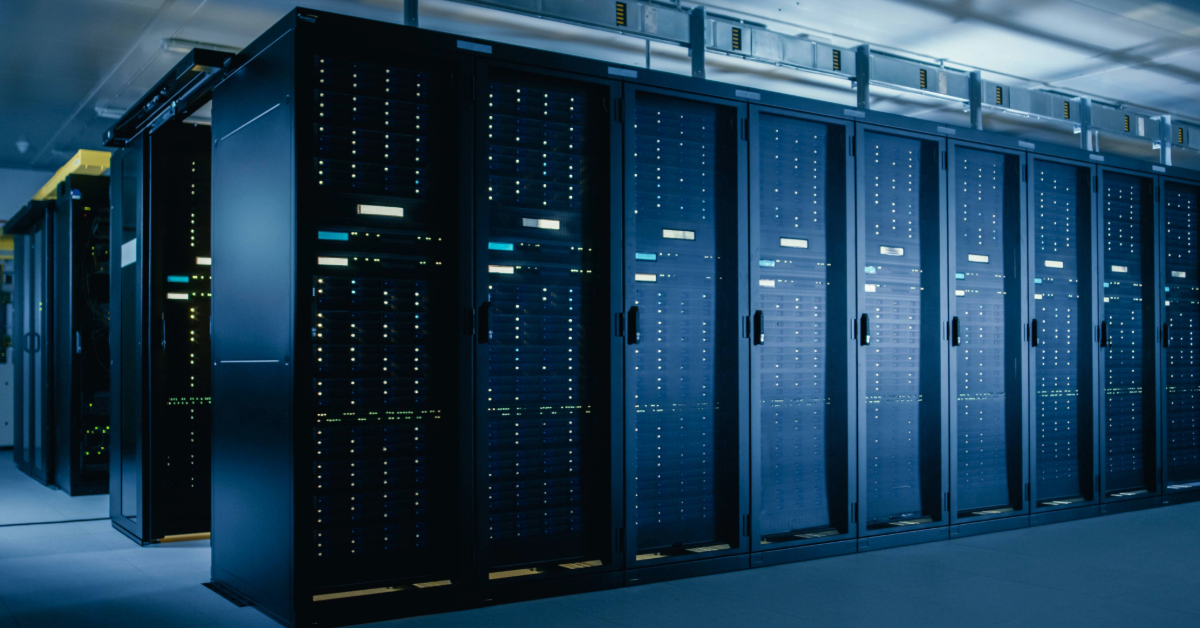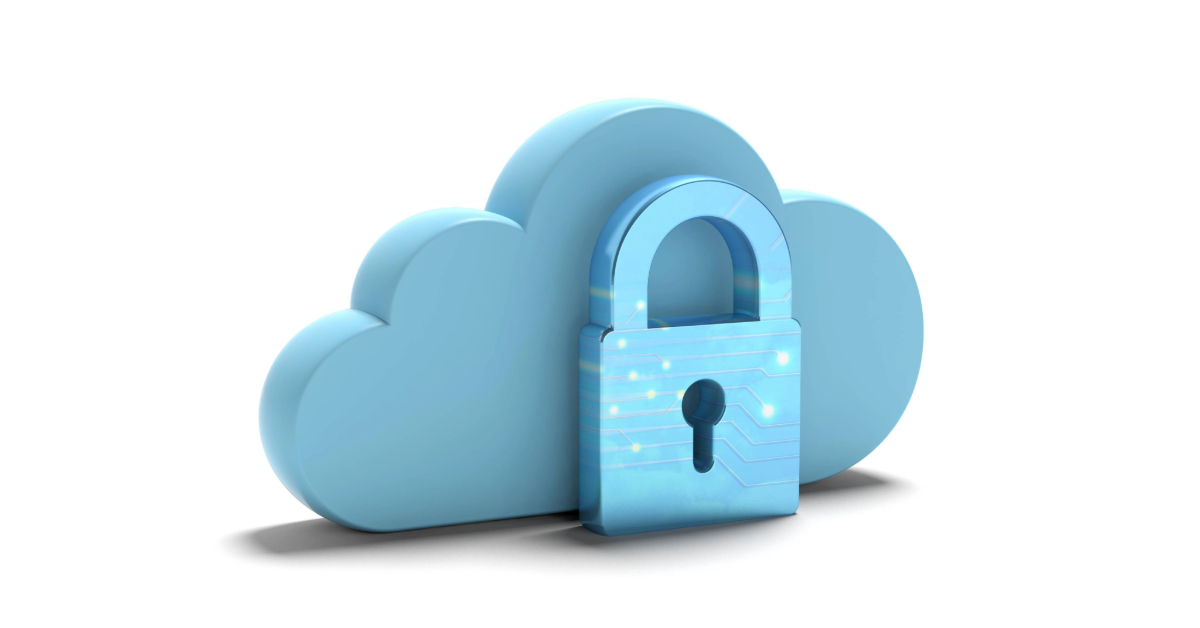Cloud Technologies Critical to Energy Utilities and Organizations
This blog is the first part in a series on cloud solutions and cloud security concerns - subscribe to our newsletter to be sure not to miss the rest...
3 min read
 Team Energy Exemplar
:
March 19, 2024
Team Energy Exemplar
:
March 19, 2024

This blog is part of a series on cloud solutions and cybersecurity. Subscribe to our blog to stay up to date on the latest publications in the series!
In our last cloud focused blog, we discussed the challenges energy utilities and organizations are experiencing which are driving them to adopt cloud technologies. However, as the energy industry adopts these critical solutions, security concerns must be considered. Cybersecurity serves as the frontline of defense against a wide range of threats including data breaches, identity theft and ransomware attacks – and these threats are even more profound in the energy industry. In this blog, we discuss the key reasons why cybersecurity is particularly important in the energy industry.
In the modern era, energy and electricity have become essential services which we rely on to power and heat our homes, conduct business, fuel our transportation, provide critical medical services, and more. Because of this, the energy industry is a prime target for cyberattacks. Here are some of the specifics on why cybersecurity is particularly crucial in the energy industry.
Cloud-Specific Data Concerns
As the energy industry adopts cloud technologies there are some additional concerns - particularly around data - that must be considered and addressed. As mentioned above, utilities and energy organizations are collecting, analyzing, and storing more data than ever before. So, as these organizations transition capabilities to cloud solutions, they must take extra care with this data. Some of the specific concerns when it comes to data and cloud technologies are:
Failure to protect data and assets can have dire consequences for the organization affected and its financial bottom line, as well as citizens, and national security. And, as the adoption of cloud technologies and digital transformation becomes essential for these organizations, cybersecurity becomes an increasingly important concern and requirement. Traditional approaches to security are no longer sufficient, and a solid cybersecurity foundation will be mandatory for a successful digital transformation. For that reason, in the next part of this series, we will be covering best practices for the industry to adopt to build a strong cybersecurity foundation and protect themselves against cyberthreats to the greatest degree possible. Subscribe to our newsletter so you don’t miss the next part in this series!
Can’t wait for more? Check out our recent blog summarizing the recent Cybersecurity Baselines released by NARUC and the U.S. DOE, as well as our blog on the potential security benefits of cloud solutions, and some details on the best-in-class security offered with PLEXOS Cloud.

This blog is the first part in a series on cloud solutions and cloud security concerns - subscribe to our newsletter to be sure not to miss the rest...

In our most recent blog on cloud technology and security, we discussed the best cybersecurity practices energy organizations can adopt to minimize...

This blog is part of a series on cloud technologies and security – to be sure not to miss out on future publications, subscribe to our newsletter.